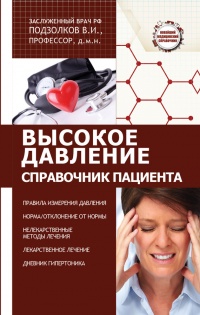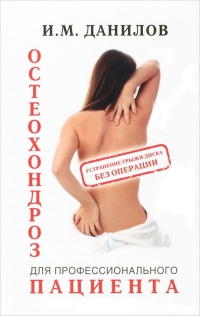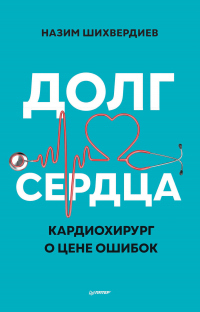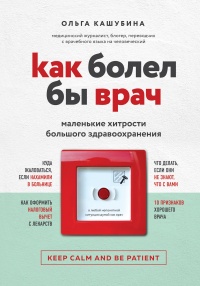Книга Сознание за пределами жизни. Наука о жизни после смерти - Пим ван Ломмель
На нашем литературном портале можно бесплатно читать книгу Сознание за пределами жизни. Наука о жизни после смерти - Пим ван Ломмель полная версия. Жанр: Книги / Медицина. Онлайн библиотека дает возможность прочитать весь текст произведения на мобильном телефоне или десктопе даже без регистрации и СМС подтверждения на нашем сайте онлайн книг knizki.com.
Шрифт:
-
+
Интервал:
-
+
Закладка:
Сделать
Перейти на страницу:
Перейти на страницу:
Внимание!
Сайт сохраняет куки вашего браузера. Вы сможете в любой момент сделать закладку и продолжить прочтение книги «Сознание за пределами жизни. Наука о жизни после смерти - Пим ван Ломмель», после закрытия браузера.
Книги схожие с книгой «Сознание за пределами жизни. Наука о жизни после смерти - Пим ван Ломмель» от автора - Пим ван Ломмель:
Комментарии и отзывы (0) к книге "Сознание за пределами жизни. Наука о жизни после смерти - Пим ван Ломмель"
























